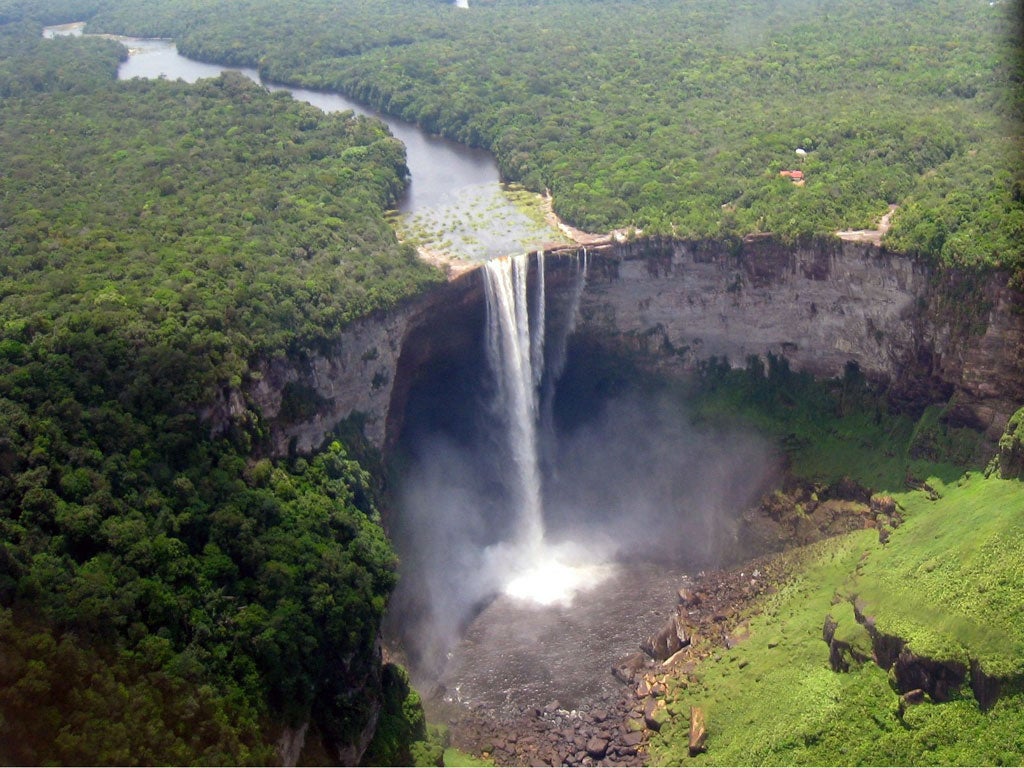John Walsh: In praise of truth and myths in travel writing
Something to Declare

Your support helps us to tell the story
From reproductive rights to climate change to Big Tech, The Independent is on the ground when the story is developing. Whether it's investigating the financials of Elon Musk's pro-Trump PAC or producing our latest documentary, 'The A Word', which shines a light on the American women fighting for reproductive rights, we know how important it is to parse out the facts from the messaging.
At such a critical moment in US history, we need reporters on the ground. Your donation allows us to keep sending journalists to speak to both sides of the story.
The Independent is trusted by Americans across the entire political spectrum. And unlike many other quality news outlets, we choose not to lock Americans out of our reporting and analysis with paywalls. We believe quality journalism should be available to everyone, paid for by those who can afford it.
Your support makes all the difference.Two prizes were handed out this week, both reminding us how closely truth and fiction are interwoven in the slippery genre called travel literature.
On Wednesday, at Hatchards bookshop in London's Piccadilly, the 120-year-old Authors' Club (of which I am president) gave the 2012 Dolman Travel Book Prize to Wild Coast by John Gimlette, a fabulously vivid and absorbing trek through Guyana, Suriname and French Guiana.
Anyone who has been there knows Guyana is one of the most inhospitable places on earth (80 per cent rainforest, impenetrable jungle and homicidal locals) but that didn't stop the intrepid Gimlette finding it yelping with "gaudy, toxic and exotic" life.
He notes that, 500 years ago, people's ideas about Guyana owed everything to Sir Walter Raleigh's book, The Discoverie of the Large, Rich and Bewtiful Empire of Guiana which was a tissue of lies designed to attract merchants and investors. He described "golden cities and comely Amazons … diamond mountains, dog-headed mermen, week-long festivals and men with their eyes in their chests". Everyone believed him.
And do we now believe everything John Gimlette tells us? Of course. But "the truth" has become relative. A reviewer in The New York Times couldn't resist comparing Gimlette's view of Paramaribo, the capital of Suriname ("the perfect city") with her Texan cousin's visit (he found "a thatched hut infested with rats and giant spiders"). She admired the author's vision, though.
The day before the Dolman prize-giving, the 2012 Independent on Sunday/Bradt Travel Writing Competition was won by Julia Bohanna for her story "A Wolf in the Mountains" (see page 79). It evokes a visit to Lourdes with her grandmother during which, on a donkey ambling through the Pyrenees, she encounters a wolf. They stare each other down and a spiritual connection is made.
The power of the story derives from the fact no one believes her. The local guide angrily denies there are any wolves in the Pyrenees. So we're invited to see the encounter as a true miracle, a counterpoint to the religious miracles her Catholic granny keeps talking about.
Miracles, mythologies, fables, magical realism – travel writing and fiction are inextricably linked. Reporting one's experiences in strange lands and making up stuff have long been intertwined. Sometimes travel begets literature. When William Dampier, the buccaneer, wrote about his travels in 1709 and mentioned that a sailor called Alexander Selkirk had been put ashore, alone, on a desert island, he kick-started the English novel: one reader was Defoe, who set to writing Robinson Crusoe; another was Swift, who was inspired to write Gulliver's Travels (about which a bishop remarked, "I can scarcely bring myself to believe a word of it").
Do we believe everything in travel literature today? Not quite. We think, "Well, if it wasn't exactly like that, it should have been." We may dispute facts in a travel guide, but not the impressions in travel reportage.
It's the difference between memoir and autobiography. In autobiography, the author's on oath. In a memoir, nobody, thank God, has to swear on a Bible.
Join our commenting forum
Join thought-provoking conversations, follow other Independent readers and see their replies
Comments